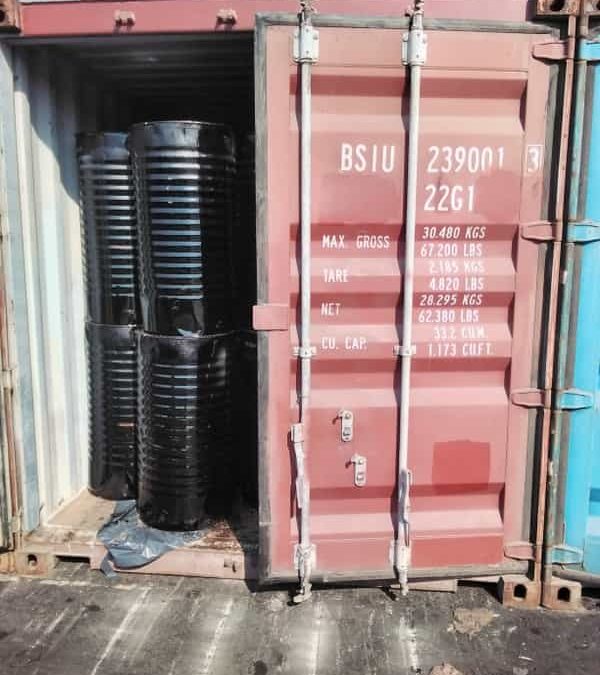Bitumen supplier in Middle East
Bitumen supplier in Middle East
Finding a reliable Bitumen supplier in Middle East can be a little bit difficult. The reason might be the fluctuations in the prices and other factors. Therefore, we have decided to devote this article to some of them.
South Korea’s petrochemical production
The Korean company S-Oil announced that it has
resumed production of Ansan Petrochemical in South Korea
after a two-month hiatus. This is the first item that causes the bitumen price fluctuations. To be more specific, South Korea’s S Oil has resumed
production of its Fluid Catalytic Cracker after a two-month hiatus,
NPNA reported, quoting Argus Media. According to reports, production of the catalytic bed,
the catalytic cracking unit with an annual production capacity
of 700,000 tons of propylene and 200,000 tons of ethylene
resumed on July 26, earlier than originally scheduled for early August.
Production of derivatives of this unit,
including methyl terr-butyl ether (MTBE) with an annual production capacity of 370,000 tons
and propylene oxide unit with a yearly production capacity of 300,000 tons, resumed production on July 29. As a matter of fact,
but this is the cessation of production of the first interruption in the catalytic
fluidized bed complex of South Oil Company South Korea since
its operation in September 2018. The interruption of the methyl terr-butyl ether (MTBE)
unit with an annual production capacity of 370,000
tons has increased the import of this product to Korea.
Petrochemical, Bitumen supplier in Middle East
It is important to know that South Korea’s methyl terr-butyl ether
but imports in June reached a peak in 2020 at 28,968 tons,
an increase from 0,688 tons in May this year. Generally, Taiwan exported 15,014 tons,
Malaysia 7, 01 tons and India 6,630 tons of methyl terr-butyl ether
to South Korea during the period under review. We expect imports of this product to South Korea to
decline significantly following the resumption of the methyl tert-butyl ether unit.
Weak Chinese petrochemical demand continues
Bitumen supplier in Middle East
This is another factor that causes
fluctuations in the petrochemicals. In fact, demand for China’s petrochemicals fell in July,
but experts predict demand will improve in the coming months. Generally, demand for China’s petrochemicals has been declining since July,
while they expect supply to increase,
darkening the market outlook in the short term,
according to NIPNA. According to the IOSC, most stocks of chemical products such as benzene, polyolefin, ethylene glycol,
acetone and toluene all increased in the week ending July 17. China Petrochemical Index (ICIOS)
but shows that demand for single-stock market prices has been slightly better,
falling to 877 on July 27, from 898 in the week to July 8,
down from 888.6 as the average for June.

